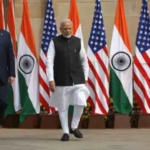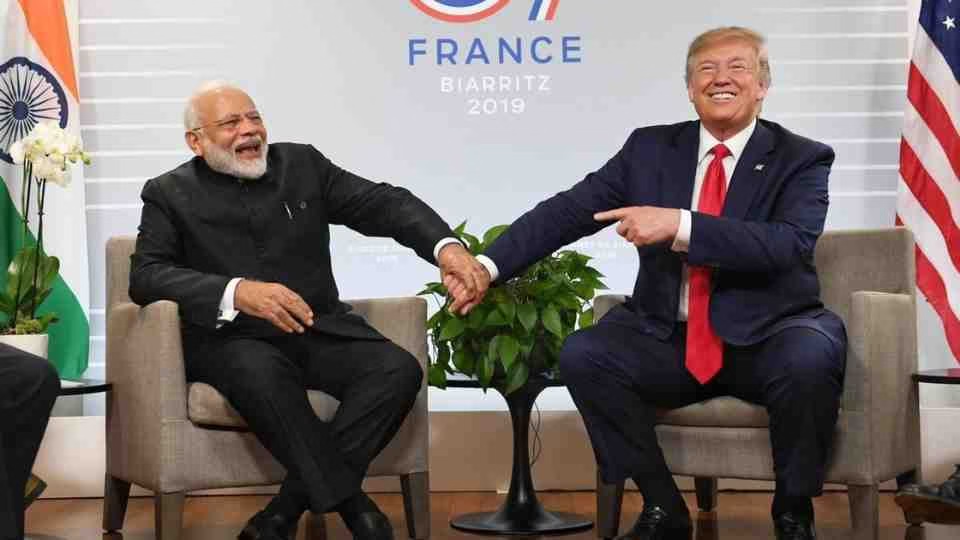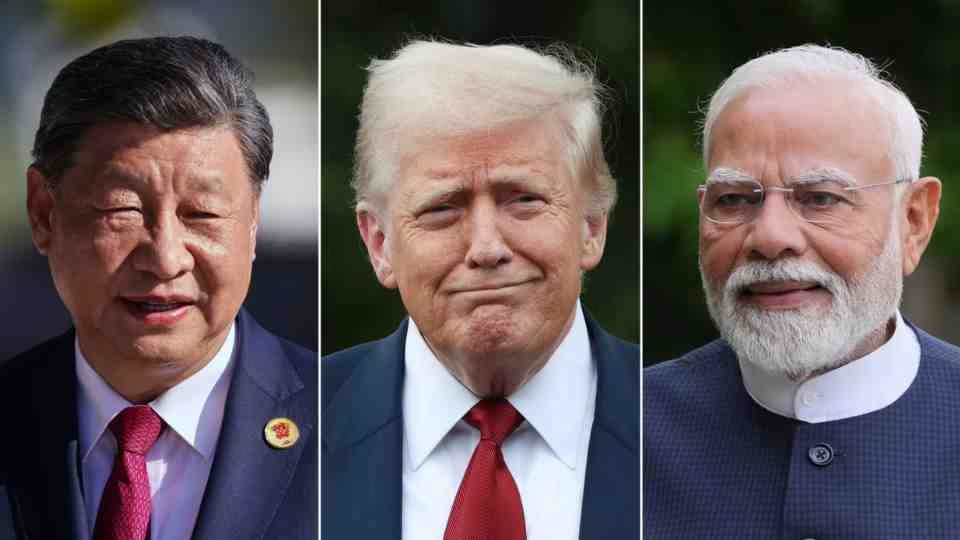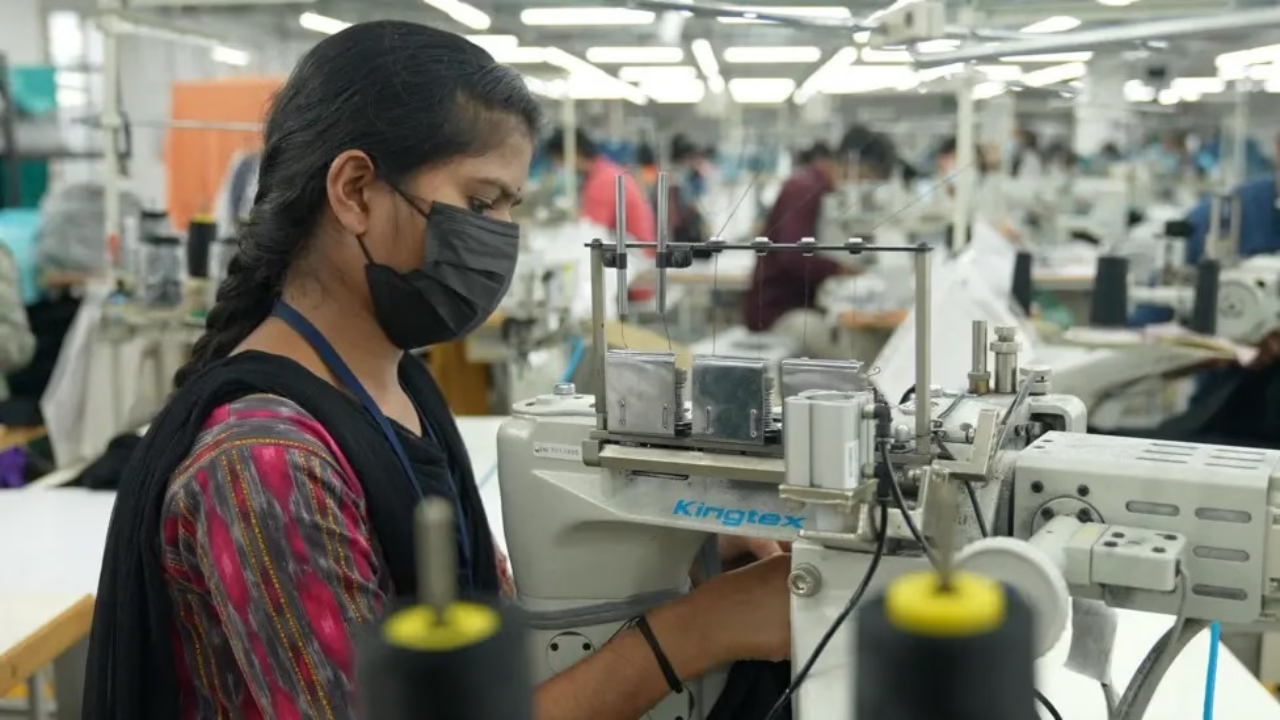Home Minister Calls for End to Opposition Obstructionism at Historic Legislative Gathering
Union Home Minister Amit Shah delivered a pointed critique of parliamentary disruptions at the inaugural All India Speakers’ Conference held at the Delhi Assembly on August 24, 2025, calling for political parties to prioritize national interest over partisan politics.
Speaking at the first-ever conference of its kind, Shah emphasized that while debate is essential in a democracy, the repeated obstruction of legislative proceedings in the name of opposition politics was harming the nation’s democratic institutions.
Sharp Criticism of Recent Parliamentary Dysfunction
“Debate must take place in a democracy. But it is not good if the House is not allowed to function in the name of opposition,” Shah declared at the conference, making his remarks just three days after the Monsoon Session of Parliament ended with little business accomplished due to repeated disruptions and adjournments.
The Home Minister expanded on this theme, stating that “Parliament or Assemblies are places of debate and discussions, but it is not good if the House is not allowed to function in the name of opposition for narrow political gain.”
Shah cautioned that when there is limited debate or discussions in Parliament, “the contribution of the House in nation-building gets affected,” directly linking parliamentary disruptions to reduced effectiveness in governance and policy-making.
Call for Political Maturity
While acknowledging that “symbolic protests have their place,” Shah argued that “the practice of obstructing the House day after day under the pretext of protests requires reflection.” He urged political parties to “put aside their differences and collaborate for the benefit of the nation.”
The Home Minister criticized recent disruptions as “counterproductive for personal gain” and emphasized that blocking proceedings for narrow political gains undermines both democracy and nation-building efforts. He stressed the importance of maintaining dignity in legislative debates and called for meaningful deliberation rather than obstruction.
“Deliberation remains the best medium to address the concerns of the public,” Shah asserted, underscoring the critical role of constructive debate in a healthy democracy.
Historic Conference Commemorates Legislative Legacy
The two-day All India Speakers’ Conference was organized to commemorate the 100th anniversary of freedom fighter Vitthalbhai Patel becoming the first elected Indian President (Speaker) of the Central Legislative Assembly during British India. The choice of venue – the Delhi Assembly building that originally housed the Central Legislative Assembly – added historical significance to Shah’s message about parliamentary dignity.
During the inaugural session, Shah also released a special commemorative postage stamp in honor of Vitthalbhai Patel, drawing a contrast between the constructive opposition leadership of the past and current practices.
Broader Implications
The conference, focused on themes such as strengthening democratic institutions, the role of legislative bodies in India’s federal structure, and improving parliamentary procedures, provided a platform for Shah to address what the government sees as a crisis in legislative functioning.
Shah’s remarks reflect ongoing tensions between the ruling party and opposition over parliamentary conduct, with the Home Minister essentially arguing that opposition parties must find ways to voice dissent without completely paralyzing legislative business. His comments came at a time when Parliament’s effectiveness has been increasingly questioned due to frequent disruptions and limited substantive debate.
The conference aimed to foster dialogue and collaboration on legislative practices and democratic values, with Shah’s address setting the tone for discussions on how India’s various legislative bodies can function more effectively while maintaining their role as forums for democratic debate and accountability.






